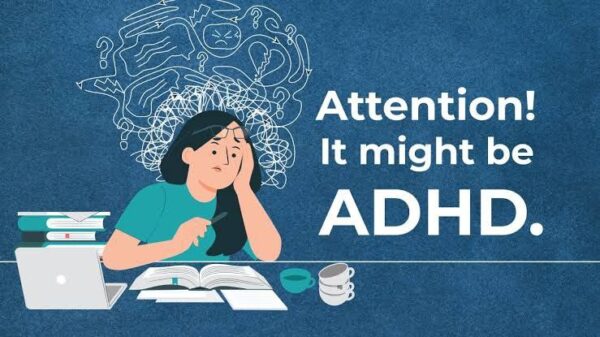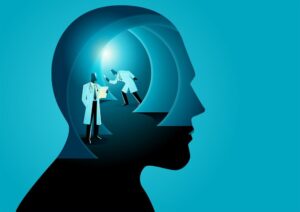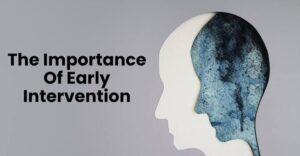Do You Have ADHD?
Attention Deficit Hyperactivity Disorder (ADHD) is a neurological disorder that affects both children and adults, characterized by symptoms of inattention, hyperactivity, and impulsivity. If you’re wondering whether you or a loved one might be suffering from ADHD, this article will guide you through the common signs, symptoms, and diagnostic criteria.
Common Symptoms of ADHD
Inattention symptoms:
– Difficulty sustaining attention during tasks or activities
– Difficulty listening to others
– Frequently switching from one activity to another
– Not completing tasks or making careless mistakes
– Losing things or misplacing items
– Having trouble keeping track of time or meeting deadlines
Hyperactivity symptoms:
– Fidgeting or restlessness
– Difficulty remaining seated or staying still
– Running or climbing excessively
– Restlessness or feeling “on edge”
– Difficulty engaging in leisure activities quietly
Impulsivity symptoms:
– Interrupting others or blurting out answers
– Difficulty waiting for one’s turn
– Frequently interrupting conversations or finishing others’ sentences
– Feeling restless or impatient when waiting for something
Diagnostic Criteria for ADHD
According to the Diagnostic and Statistical Manual of Mental Disorders, 5th Edition (DSM-5), a diagnosis of ADHD requires the presence of at least five symptoms of inattention and/or hyperactivity-impulsivity in two or more settings (e.g., home, work, school). The symptoms must also cause significant impairment in social, academic, or occupational functioning.
How to Diagnose ADHD
A comprehensive diagnosis of ADHD typically involves a thorough clinical evaluation, which includes:
- A detailed medical history: Your healthcare provider will ask about your medical history, including any previous diagnoses or conditions that may be related to ADHD.
- A psychological evaluation: A mental health professional will assess your cognitive and emotional functioning using standardized tests and questionnaires.
- A rating scale: The clinician will ask you or your parents/teachers to complete a rating scale to assess your symptoms over the past six months.
- A physical examination: Your healthcare provider may perform a physical examination to rule out other conditions that may be causing similar symptoms.
Co-occurring Conditions
ADHD often co-occurs with other conditions, such as:
– Anxiety disorders
– Depression
– Sleep disorders
– Substance abuse
– Learning disabilities
Treatment Options for ADHD
While there is no cure for ADHD, there are various treatment options available to manage symptoms:
- Medications: Stimulants (e.g., Ritalin, Adderall) and non-stimulants (e.g., Strattera) are commonly used to treat ADHD.
- Behavioural therapies: Behavioural modification techniques, such as positive reinforcement and cognitive-behavioural therapy, can help individuals with ADHD develop strategies for managing their symptoms.
- Lifestyle changes: Regular exercise, healthy diet, and sufficient sleep can help alleviate symptoms.
Conclusion
If you’re concerned about your attention span, impulsivity, or hyperactivity, it’s essential to consult with a healthcare professional for an accurate diagnosis. Remember that only a comprehensive evaluation can determine whether you have ADHD. With the right treatment and support, individuals with ADHD can learn to manage their symptoms and improve their overall quality of life.
References:
Psychiatry.org – What is ADHD?
Attention-Deficit/Hyperactivity Disorder – National Institute of Mental Health (NIMH) (nih.gov)
Websites:
Britmed Healthcare: https://britmedhealthcare.co.uk/
Nightingale Hospital: https://www.nightingalehospital.co.uk/
Top Doctors: https://www.topdoctors.co.uk/doctor/ahmed-el-missiry
You can also book, Contact us on WhatsApp 08009708017




